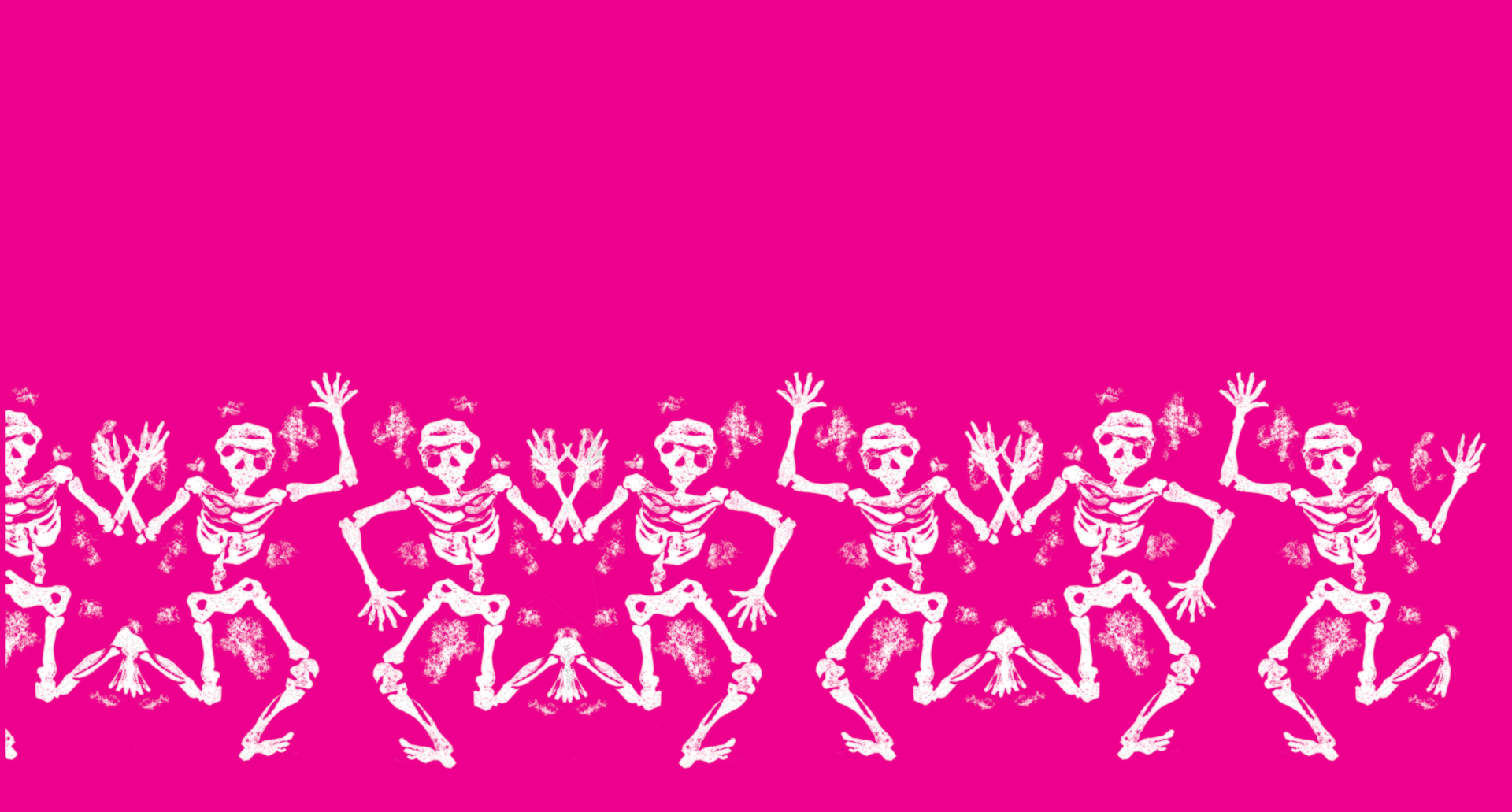As the Editorial Board, we hereby announce that the CFPs for the forthcoming issues of our journal have been published, and we are looking forward to receiving your submissions. We are accepting articles in Polish, Italian, and English. We kindly invite you to join our project and contribute to the issues listed below.
Mountain studies
“Fabrica Litterarum Polono-Italica" 2025, no 1 (9)
Traverses
“Fabrica Litterarum Polono-Italica" 2025, no 2 (10)
Even though the International Union of Geological Studies (IUGS) does not acknowledge the Anthropocene as a legitimate geological epoch, for more than 20 years this term has aimed at gaining such a status. And yet, another label has just popped up, that is, the Entropocene, which signifies decay, extinction, and human post-modernism. In the opinion of academics empiricists, does such juggling with (often hastily coined) terms not lead us to bold appropriations? Does it not legitimate generating “fashionable notions,” a practice so willingly undertaken by contemporary researchers in the humanities?
Brute reality often demands to be explained in rigorous terms. Thus, before a literary “biography of mountains” might be written, the discoveries of natural sciences have to be properly analysed. Hence, a geomorphologist might discuss the processes of rock formation, a geologist might reconstruct the past events, a glaciologist might present research on the movement of glaciers (and their own geological pace), a palaeontologist might use lithic artifacts to tell stories of the extinct species, and a meteorologist might predict weather changes in the mountain regions. Many other scientists (geochemists, biologists, or oceanologists) have to share their findings on the mountains, so that the representatives of the humanities might gain such knowledge and then “animate” it in their own field: precisely, turn it into fictional stories or narrative experiments with their own temporalities and unknown directions.
How can we define the scientific discipline of the “(wo)man of the mountains”? Is the image of an alienated profession (connoted by distance, time required to conduct research, necessity to stay in remote research facilities, lack or scarcity of collaborators) accurate? After all, it might as well preserve this role in its 19th century labels: a pioneer, an explorer of the blank spaces, a discoverer of the unknown or undescribed. Despite sophisticated technological innovations, it seems to be necessary for such researchers to camp in snowy mountains, whereas their need to grasp their object of study might result in trudging across the traps of nature or even risking their lives in the name of scientific truth. Perhaps a researcher in the mountains is indeed one of the very last great professions that reconcile a romantic passion for exploring the world with the rigidity comparable to that of mathematical discourses.
We are aware that the upcoming issue of Fabrica Litterarum Polono-Italica will gather mostly contributions from linguists, and literary and cultural scholars. We are members of the community that investigates the world reflected in the deceptive vehicle of a written word; therefore, we dare not suggest what mountain studies really stand for. Instead, we would like to invite contributions that either connect humanities and natural sciences or, in their own pace and style, embark on analytical and intellectual trips into the mountains.
Keeping in mind the holistic aspirations of the project we propose, we would like to ask:
– geographers, who measure and demarcate space, create maps, and protect the order of isobars, isohyets, isohalines, isotherms… Do you want to be geographers of the humanities as well, cartographers of mountain narratives, priests of orography?
– geologists and mineralogists: do you remember about the philomath love for literature expressed by your great ancestor, Ignacy Domeyko, the explorer of the Chillean Andes, a researcher who joined the need for scientific investigations with that of writing a spiritual journal, a scientist caring for beauty and power of the literary meaning (cf. the awe-inspiring, poetical description of famous deposit of copper and molybdenum, El Teniente)?
– glaciologists: do you see a possibility of “translating” your own discipline focused on ice mountains into the language of a story that engages unqualified readers? In other words, is the romantic unity of an engineer and a poet, as if following the footsteps of Novalis, Arnim, or Goethe, still possible? Do we need a new mountain hermeneutics today? Can our contemporaries – to recall a title of a significant publication – “understand the glaciers”?
– physicists and chemists, who praise Niels Bohr… Do you remember how many impasses or mental traps set against his scientific reflection he overcame alone while skiing or reading poetry on a mountain track?
– archaeologists: are you capable of disclosing (and not just enumerating or cataloguing) the mysteries and spiritual indeterminacies of mountain peaks, cave writings, or the ancestral speech of the valleys?
– mountaineers: why are your physical efforts, difficulties and experiences gained while trekking and climbing often supplemented with travelogues and travel accounts? Does the written story, a narrative testimony, become a counterpart to the traversed space? Perhaps it is the mountains that demand their own Logos.
Certainly, we could enumerate the representatives of nearly all professions and disciplines here. It is not our point, nonetheless. Those who follow the achievements and publications of two leading institutions in mountain studies – Mountain Studies Institute, Silveerston, Colorado (United States of America) and Centre for Mountain Studies University of the Highlands and Islands in Perth (Great Britain) – know how often mountain research, as a discipline, is expanded by means of diverse efforts. We do hope that the issue we propose will contribute to the development of comparable research projects in Poland and Italy: gathering experiences, unifying various academic communities, and connecting the scientists interested in the exploration of the phenomenon of the mountains.
Articles should be submitted through the OJS system by 15 September 2024. Should you have any questions regarding the submission procedure, please do not hesitate to reach us at: fabricalitterarum@gmail.com

